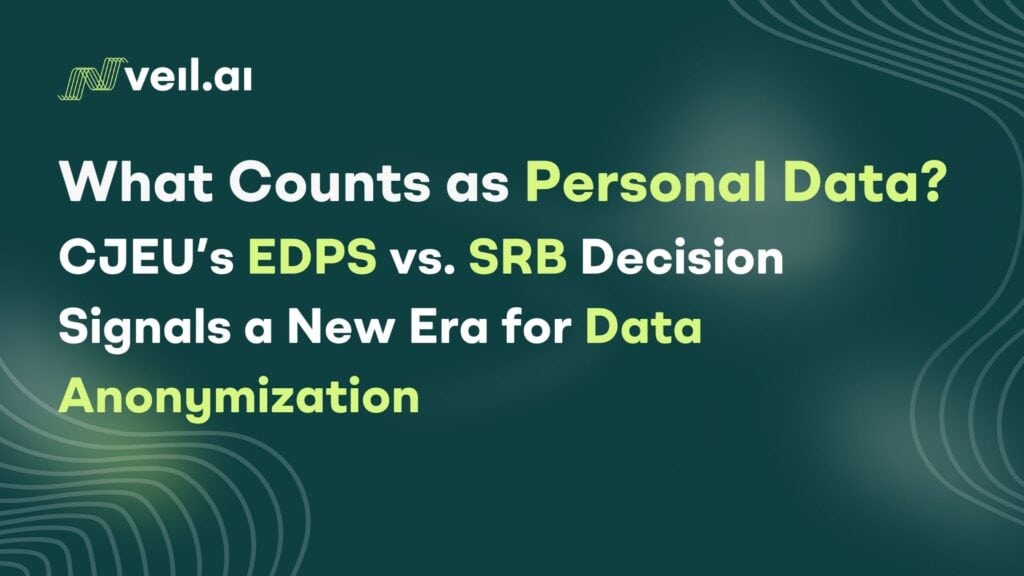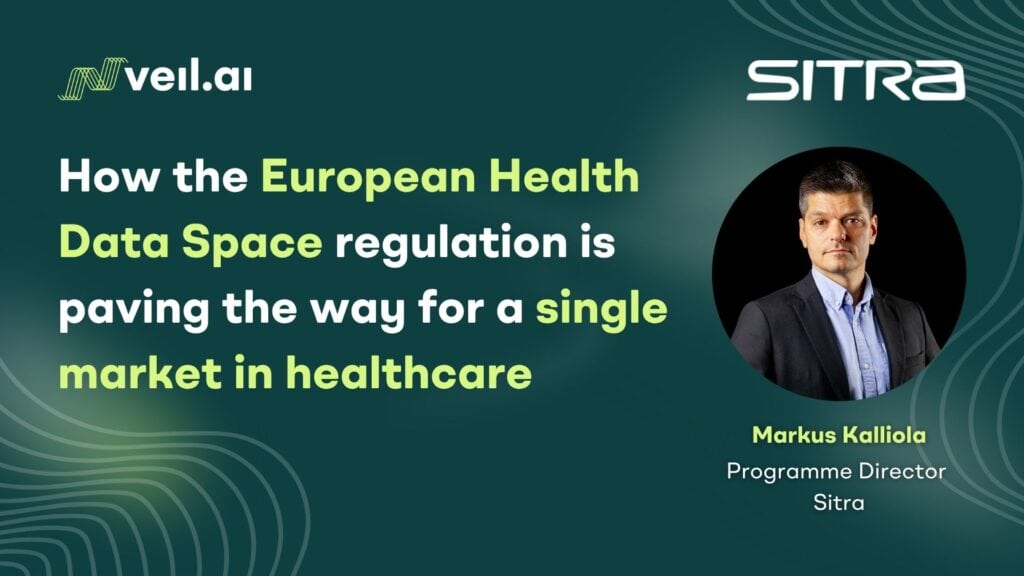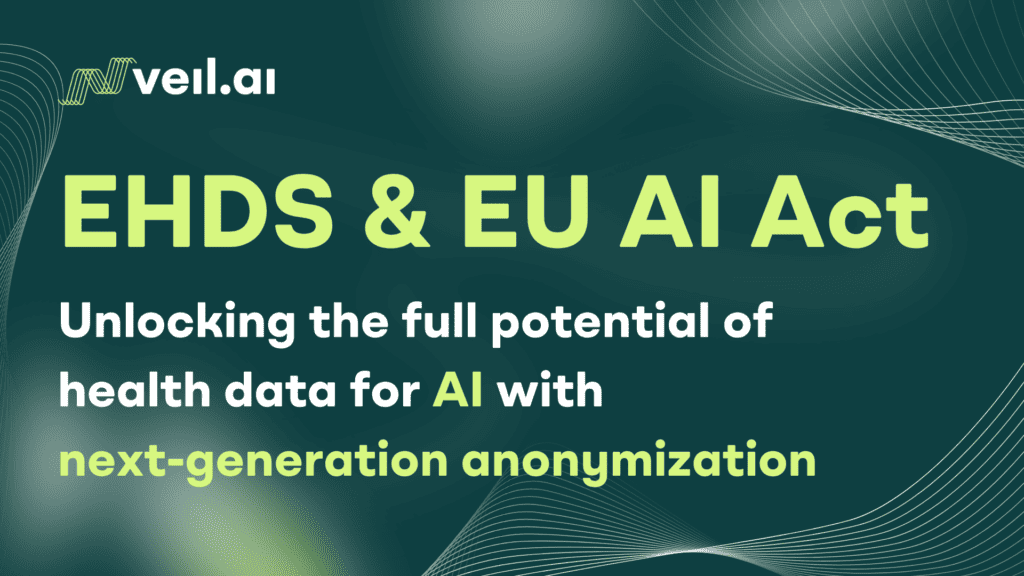“…It is important to get moving on your data-driven journey…”
Data is becoming more important for pharmaceutical companies every year. This is directly reflected in how pharmaceutical companies increasingly invest in data science capabilities— in both resources and know-how. There are a wide range of different ecosystems under development for health data, some of which are evolving more slowly while others are evolving faster. But what would you do if you had access to all the health data you wanted?
Before you answer this question, it is good to note a few basic conditions that would allow you to utilize health data more easily than before.
First, because health data is personal data, privacy laws and regulations apply; identifiability of individuals in the data requires legal justification and often informed consent. For example, in Europe, GDPR (General Data Protection Regulation) regulates the protection of privacy in data. Protecting privacy is a necessity and the first basic condition in utilizing health data.
Second, strong insight is needed. Traditionally health data has been siloed and access to data has been difficult. For example, combining data from many different sources for Real World Evidence studies can be challenging and time consuming. Pharmaceutical companies use, as a primary operating model, health data that has been pseudonymized (i.e., the direct identifiers of the study subjects has been removed) and internal data governance policies are primarily based on the use of this pseudonymized data or on original data. This is natural, since there have previously been no other possibilities.
But the technology for data utilization is evolving rapidly. Next generation data anonymization technologies and synthetic data are bringing new opportunities for pharma companies to practice data science in the way they would really want; to maximize the utility of data while preserving privacy. And now we get to the part I mentioned earlier: strong insight is required by any professional who wants to start developing an initiative as major as “better use of data in our company”. This is especially important when it comes to pharmaceutical companies, which have good established operating models and defined standard operating procedures in place.
And that’s not all. In addition to strong insight, the ability and willingness to be open to change and renewal are also required. If all relevant stakeholders within a company share a common vision of the opportunities that better data utilization could offer, we are already doing quite well on this issue.
It is important to get moving on your data-driven journey: “This is the direction we want to go in, and this is what we are aiming to achieve. We will explore, learn more, and develop new capabilities to get our data utilization to the next level”.
Next generation advanced anonymization technologies will play a key role in the evolving data needs of pharmaceutical companies
Current state of the art anonymization technologies have not allowed for adequate data quality and usability for the needs of pharma companies, because they have focused only on minimizing the risk of re-identification. VEIL.AI’s anonymization technology, which utilizes artificial intelligence and machine learning, focuses not only on privacy but also on maximizing data quality and usability. It can therefore be possible to draw the same conclusions from a well-anonymized dataset as from a pseudonymized dataset.
This offers great new opportunities for pharma companies. Here are a few selected examples of how VEIL.AI’s unique AI-based solution can benefit patients, hospitals, and pharma companies.
VEIL.AI’s solution:
- Increases access to health data, offering higher data quality and utility while maintaining patient privacy
- Solves the silo problem and increases possibilities to create Real World Evidence by collecting and combining data from many sources/sites/countries
- Meets the requirements of future in-silico Evidence Generation (RWE and Predictive Evidence) and increases Evidence Generation Efficiency
- Supports decentralized clinical trial set ups (enables advanced anonymization of continuously accumulating data from multiple sources, unlike existing anonymization approaches)
- Enables the development of AI algorithms for better treatment and patient care
- Supports easier interoperability, e.g. data sharing between hospitals and learning from that data sharing
- Enables the development of new health services and data collection by unmatched effectiveness in anonymizing streamed, accumulating data from wearables, medical devices, and IoT devices
- Open ups new possibilities for health economics and value-based healthcare
As you can see from the lists above, well-anonymized and/or synthetic health data can help pharma companies in a multitude of ways. Whether it is a question of a single RWE study to combine health data from several sources, or a larger strategic project such as the continuous collection and utilization of clinical data on a company’s own platform or as a part of a larger data ecosystem, next generation anonymization methods have a lot to offer.
So the question is, what would you do if you had access to all the health data you needed?






